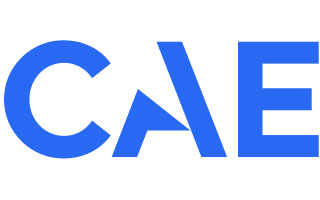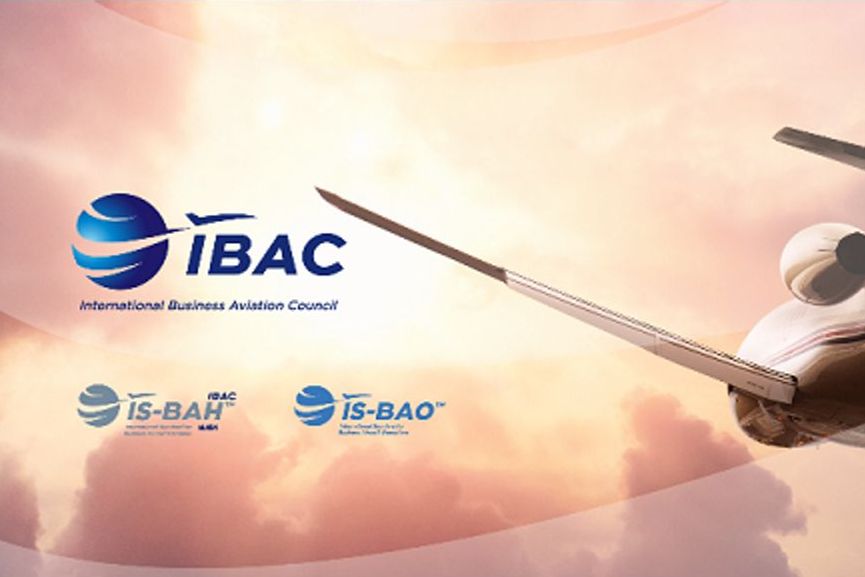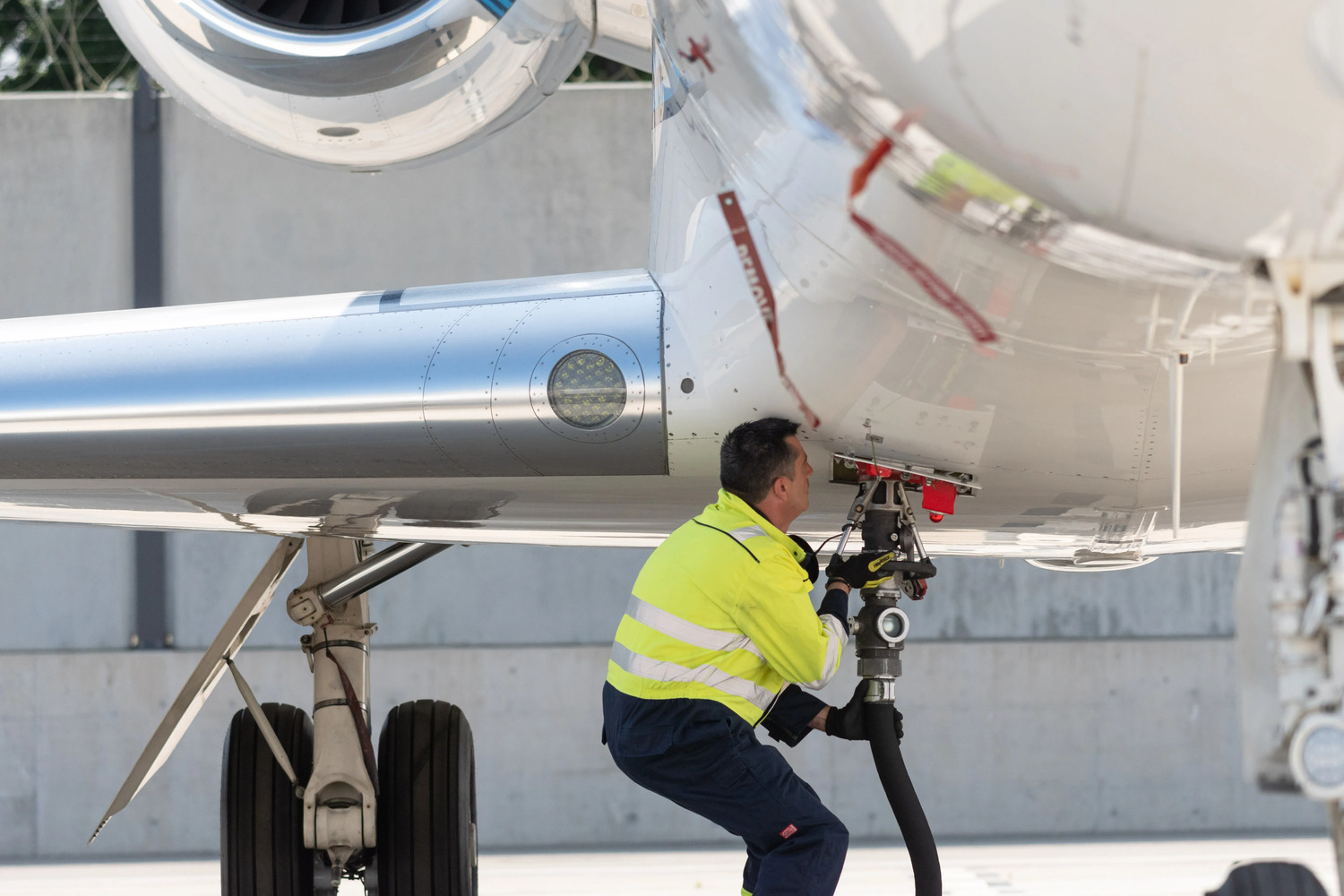The global business aviation community pledges to further contribute to climate action efforts through a combination of measures in close collaboration with governments and stakeholders across the air transport industry.
IBAC Director General Kurt Edwards said, “This is an ambitious goal, but I am optimistic we can get there by working together. We as an industry have been successful leaders in new technology to drive fuel efficiency and reduce carbon emissions. Now we go to the next level by engaging key stakeholders with a common goal to decarbonize our industry.”
Efforts in the four key areas that were first identified in the Business Aviation Commitment on Climate Change in 2009--modern technology, sustainable aviation fuel (SAF); operational improvements and modernized infrastructure; and market-based measures (MBMs)—must be even more aggressive to reach the new net-zero goal. The industry will need a substantial shift in aircraft innovation; a transition to sustainable energy sources, including a significant increase of sustainable aviation fuel (SAF) production and use; a modernized and efficient operational infrastructure; and acknowledgment that offsets will most likely be necessary to meet the goal by 2050.
IBAC Director for Environment, Bruce Parry commented, “With this further commitment, we have set ourselves an even greater challenge, We do have the keys to unlock a pathway forward with all the necessary tools at our disposal, and together with stakeholder collaboration and support we can achieve this important aspirational goal”.
The business aviation community calls on governments and other stakeholders to work together on the challenging journey to achieve net-zero carbon emissions by 2050.
Please visit IBAC at NBAA-BACE 2021, October 12-14 in Las Vegas at booth #3966.
Source: https://ibac.org/posts/ibac













